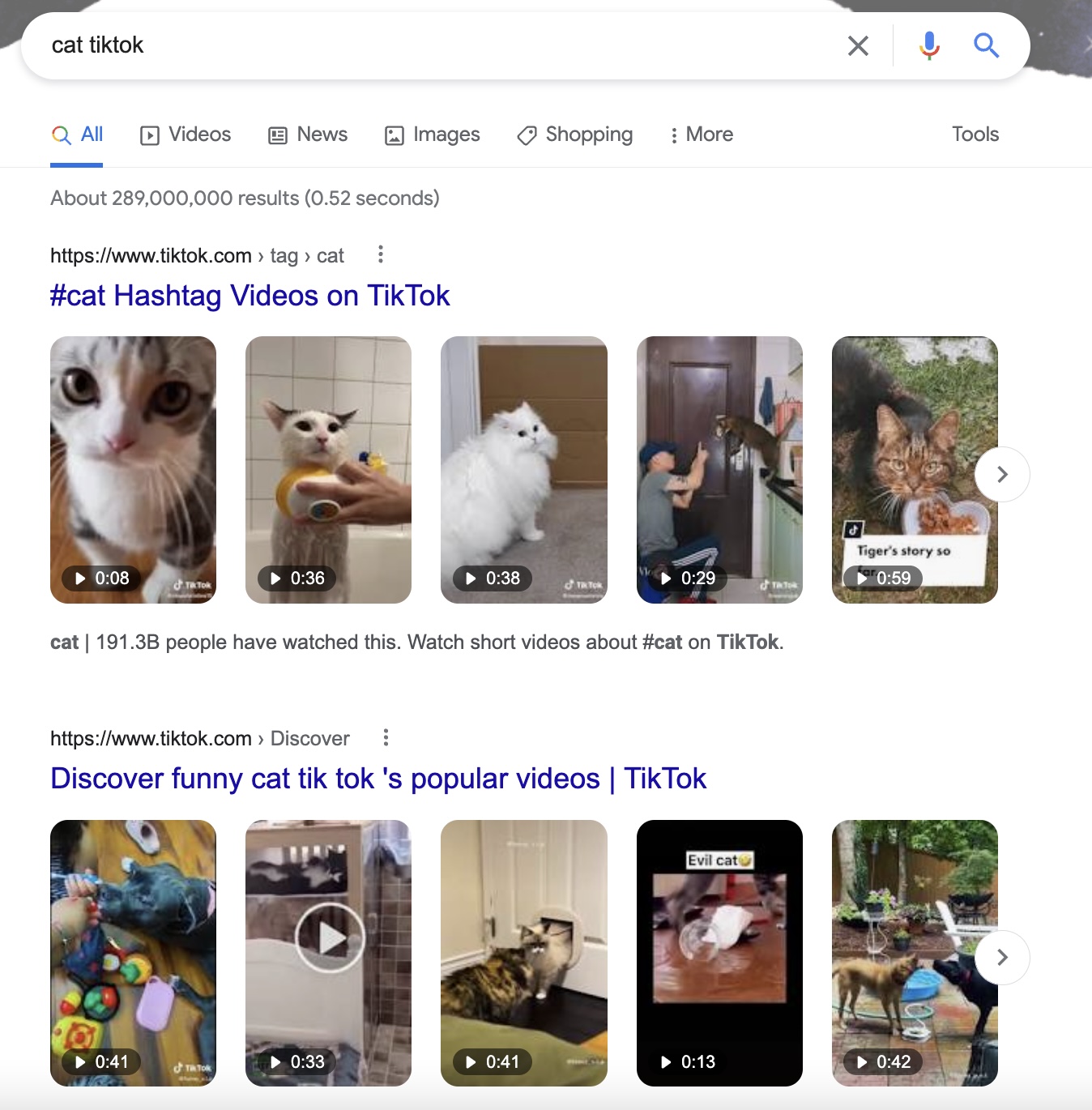Urban, a popular UK-based startup that allows customers to find self-employed massage therapists who can be booked to attend customers’ homes, has been named in an investigation into alleged abuse by unlicensed freelance therapists.
The startup has raised $35.7M from investors that include the likes of Felix Capital, Passion Capital, the London Co-Investment Fund, angels from a network of Harvard Business School alumni, and others. Originally launched in 2014 “Urban Massage,” the startup has ridden the wave of Uber-like, gig-economy services where a service provider could be booked via an app and they would magically arrive.
But last week, the startup was cited in a BBC story that described the practice of alleged sexual assaults by home-visit massage therapists. Specifically, the news report does not suggest that Urban is complicit in the assault, but it cited two different cases — one that has resulted in a conviction in court — where the therapists in question advertised and were booked through Urban.
In one of those cases, the BBC report details how the platform was slow to respond to the complaint: three years after the customer filed a report with the police and reported the therapist in question to Urban, the BBC could still find his profile on the site. (It has since been removed.)
These do not appear to have been isolated incidents. Separately, TechCrunch has also spoken to another woman who alleges she was assaulted by an Urban massage therapist in the past. She too said she could still see the therapist on the platform, despite her reporting the incident to Urban. (She chose not to detail her experience for this story.)
Urban is by no means the only way that consumers can find and book massage therapists. The BBC said it “heard from dozens of women who have been sexually assaulted by massage therapists in their own homes.” But with two of the cases cited in the story originating from sessions booked on the Urban platform, it highlights a problem that persists across a number of gig-economy marketplaces: too often the platform operators are getting caught out with bad actors using the platform, raising questions about how effective its screening processes are.
It also highlights problems specific to the wellness industry in the UK, and specifically around masseurs and how they are regulated. Under current UK regulations, massage therapists do not need a licence, nor any formal training, to start practicing massage. There is one accredited register of practitioners, but the listings are voluntary, meaning many therapists do not appear on it.
Additionally, only some local councils require premises offering massage therapy to have a business license, which can be revoked in cases where there might be complaints lodged against its practices. In any case, this would not cover gig-economy massage therapists who might visit a home. In simple terms, in the UK at least, anyone can claim to be a trained massage therapist.
The BBC report last week outlines how a woman called Taylor — not her real name — alleged she booked an at-home massage on the Urban app in October 2019. Unable to find a female therapist who was available, she booked a male therapist with hundreds of positive reviews.
Taylor told the BBC the massage therapist committed a serious sexual assault on her during the session, which was subsequently reported to both Urban and the police – who later dropped their investigation due to a lack of evidence.
Urban said it would remove the therapist from the platform, but the woman claimed the therapist’s profile was still accessible two weeks later.
BBC News then found his profile was still visible three years on from the incident. It was only removed after Urban was contacted by the BBC.
Urban says customers are not able to book a therapist against whom a complaint has been made, despite their profile being visible.
A spokesperson for Urban told TechCrunch: “The [BBC] article refers to a long delay before a deactivated therapist’s profile was removed from the app. While the practitioner’s access to the platform was revoked immediately upon receiving the complaint and delivered no further appointments, their profile was still visible if you had their name or unique link. This was our mistake and falls below the high standards we set for ourselves at Urban. On 21 June we revised the app and website so the entire online presence of a practitioner on Urban is removed on deactivation.”
Urban told us therapists are required to undergo rigorous vetting – including a DBS check which was introduced in 2019 – and insist only a tiny fraction of their bookings have resulted in a complaint. The firm said all complaints are taken seriously and investigated.
So why did it take so long to introduce this DBS check, since Urban was started in 2014?
The Urban spokesperson said in response: “We continuously advance our trust and safety protocols in the absence of regulation. This has improved the trust and safety protocols of the industry and we’ve seen other platforms following our advancements.”
TechCrunch asked Urban about what safeguarding is put in place in a scenario where a male therapist’s profile may have hundreds of positive reviews simply because the women are too afraid to come forward.
A spokesperson for Urban told TechCrunch: “Users are not required to leave a rating, and should anyone wish to make a report in confidence, our team is here to support them.”
Although in theory one does not need any license to practice massage therapy in the UK, Urban said they go through other kinds of vetting:
“All professionals who join our platform go through a rigorous vetting process including a DBS check, assessment, qualification checks to the min standard of level 3 UK recognized qualification (BTEC, ITEC and the like – we do not accept anyone with short courses), insurance check, ID & right to work check and COVID compliance,” said a spokesperson. Users can request qualifications for any therapist booked on the platform.
In addition to that, it also provides support services, the spokesperson added. “We have a robust support system in place. This includes both internal and external trust and safety committees that inform our processes and complaints procedures as well as a quality assurance team. We work closely with the police and our partnership with The Survivor’s Trust provides us with education and guidance on prevention policies.”
Urban said the number of complaints relating to any inappropriate behavior is a at 0.02% of all of bookings historically, giving it a notional ‘safety rating’ of 99.98%.
On Google Ads, Urban claims to have taken over one million bookings. Simple maths show that 0.02% of a million is 200, although there is no suggestion that this is an accurate number of serious complaints and does not reflect the nature of a complaint.
On the 0.02% complaints rate, Urban’s spokesperson commented:”We categorise “complaints” as any reported event, and this includes reports by the client or the practitioner of suggestive behaviour or assault. Some of the incidents will be unfounded. The majority of these incidents arise from suggestive behaviour from clients rather than complaints made against practitioners.”
Urban said it does not allow therapists to message clients off-app. “This is against our policy. We encourage all users to communicate via the app only,” said the spokesperson.
The company also noted that it has also put in place internal training process for customer service team members around what is and isn’t a sexual assault.
“We have a zero-tolerance policy towards any behavior that makes anyone feel distressed, uncomfortable or intimidated, even in subtle or ‘small’ ways,” said the spokesperson. “We are a silver-accredited Trauma Informed Employer, which recognises the training we have in place to make sure incidents are handled sensitively and employees are supported.”
Urban says it would “welcome” more regulation of the massage industry, but it begs the question of what that would look like.
“With physiotherapy and osteopathy, there are central governing bodies such as HCPC and GosC whereby complaints are registered industry-wide which can lead to disqualification of a practitioner. We support such measures for the massage industry,” said a spokesperson. Urban added it is “continuing our dialogue with government and minister on the topic of introducing regulation for the industry. Urban is the only commercial organisation pushing for this.”
This is not the first time Urban has attracted controversy.
In 2018, TechCrunch reported that it had leaked its entire customer database, by leaving its Google-hosted ElasticSearch database online without a password.
This allowed anyone to read hundreds of thousands of customer and staff records. Anyone who knew where to look could access, edit or delete the database. Urban pulled the database offline after TechCrunch reached out.
The leak exposed more than 309,000 user records, including names, email addresses and phone numbers. One user, who did not want to be named, said the data exposure was a “huge violation” of her privacy. Among the records included thousands of complaints from workers about their clients, relating to sexual misconduct.
At the time, chief executive Jack Tang said in a statement: “Urban is looking into this as a matter of utmost urgency. We have informed the ICO and will take all other appropriate action, including in relation to data and communications.”
Urban’s investors
TechCrunch contacted the investors in Urban to ask for their comments on this story.
Passion Capital sent us this statement:
“It’s terrible when anyone is assaulted and even one victim is one too many. As investors in Urban since 2014, we’ve always been proud to back the company in its mission to deliver wellness to more people at their place of work or home — but especially because of the company’s industry-leading trust and safety protocols for customers. Any professional on the urban platform has to undergo a DBS check, assessment and minimum standard of level 3 UK recognized qualification, among other criteria. While there’s still more work to be done (particularly across the sector at large) and we’re always looking for further improvements, the company’s incident rate of 0.02% is a testament to its commitment to customer safety.”
A spokesperson for Firestartr sent TechCrunch the following statement: “As early seed investors in Urban with Passion Capital, we always encouraged the company to implement best practices to ensure the safety and wellness of both therapists and clients at home. However, we cannot comment further because Firestartr did not hold a directorship in the company and was not involved in any board-level efforts to address this topic.”
A spokesperson on behalf of ADV said: “Sexual offences are horrendous crimes and we are saddened to hear about these allegations. As a business we take any allegations of this nature incredibly seriously. We also expect our investee companies to take these matters with the same seriousness.”
We also asked for comment from other Lead Investors in funding rounds for Urban. Felix Capital is referring media to Urban’s statements. BNF Capital had not responded by time of publication.
A former Urban masseur, Cosmin Tudoache, was last year jailed for five years for raping a woman who had booked his services on the Urban app.
The woman we spoke to who alleges a sexual assault by an Urban therapist (Urban denies the assault took place) told TechCrunch that as a consequence of her experience she no longer allows men in her home without someone else being there: “I no longer do 121 training sessions with my male fitness coach and my home cleaning company has an alert on my account to say I cannot have male cleaners. It has fundamentally affected my life for the long term,” she said.

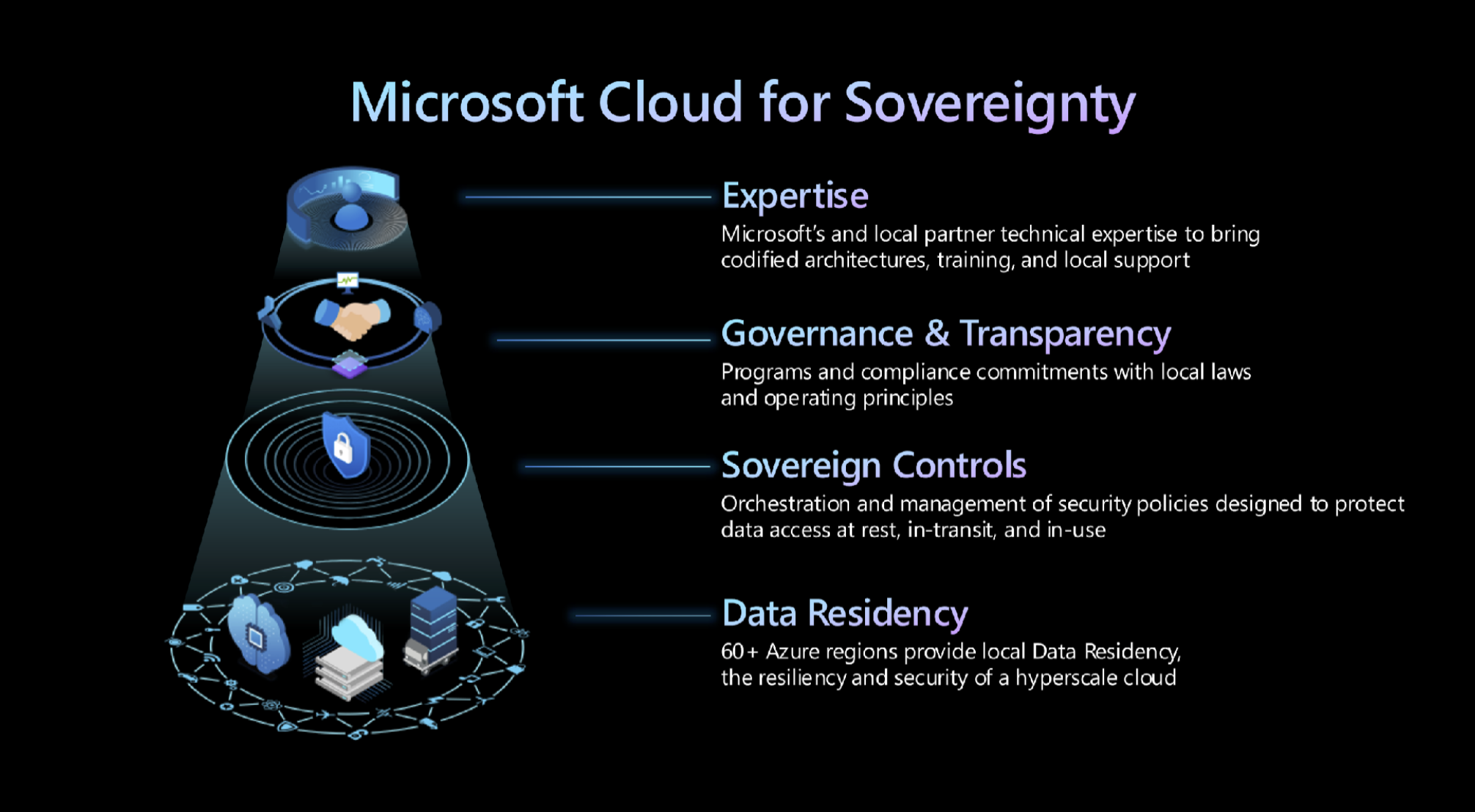

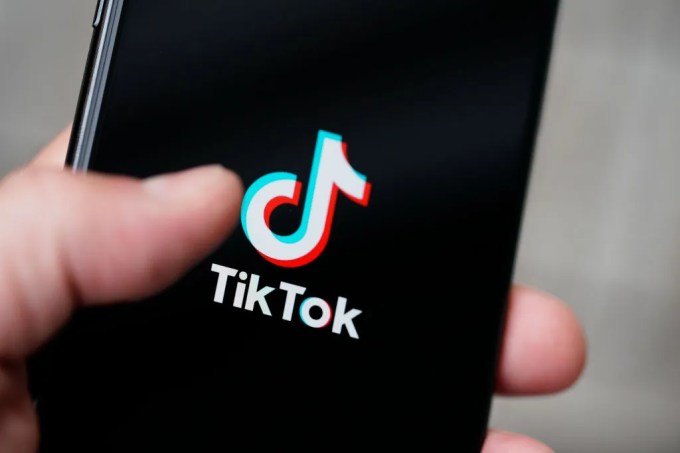


 1/12
1/12 
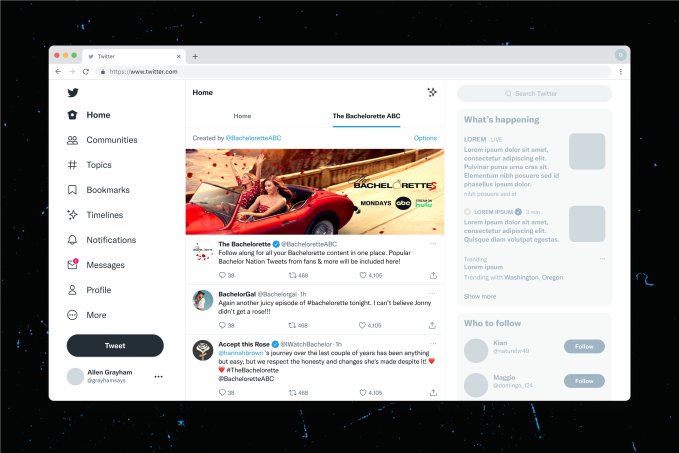
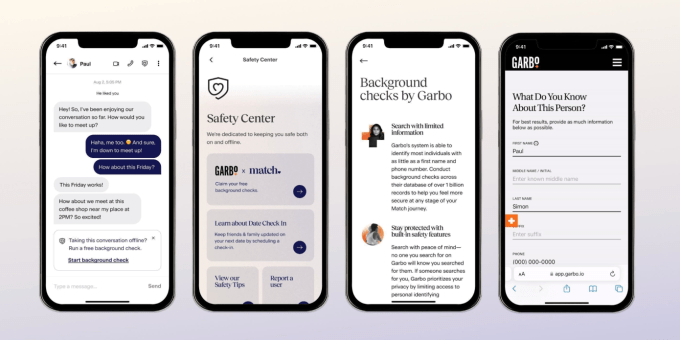
 Match Group
Match Group  Tutoring marketplace and app Preply
Tutoring marketplace and app Preply 
